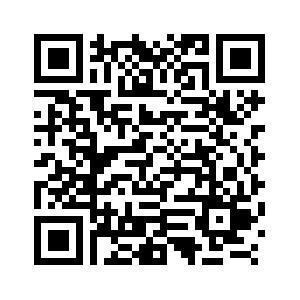Trump says may keep TikTok around "for a little while"
Source: Xinhua
Editor: huaxia
2024-12-23 12:48:00
WASHINGTON, Dec. 22 (Xinhua) -- U.S. President-elect Donald Trump on Sunday suggested that he may allow TikTok to continue operations in the United States.
At an event hosted by the conservative organization Turning Point USA in Phoenix, Arizona, Trump said that the popular video-sharing app may have helped reach some key voters in the presidential election, and expressed the possibility of keeping TikTok around "for a little while."
"We did go on TikTok, and we had a great response. We had billions and billions of views," said the president-elect, adding that he was shown a chart highlighting the views his campaign had received on the app.
On Wednesday, the U.S. Supreme Court agreed to review a request from TikTok and its Chinese parent company, ByteDance, to block a law that would require the sale of the popular video-sharing app by Jan. 19, or face a ban on national security grounds.
The nation's top court is set to hear arguments on Jan. 10 regarding whether the law unconstitutionally limits freedom of speech, in breach of the First Amendment.
The court's ruling was issued two days after TikTok's petition for an injunction against the law. TikTok argued that the potential ban would shutter one of America's most popular speech platforms the day before a presidential inauguration, and "silence the speech of Applicants and the many Americans who use the platform to communicate about politics, commerce, arts, and other matters of public concern."
In April, U.S. President Joe Biden enacted the law that gives ByteDance only 270 days to sell TikTok, citing unfounded national security concerns. If the company fails to comply, the law will require app store operators such as Apple and Google to remove TikTok from their platforms.
In May, TikTok sued the U.S. government to block the potential ban, which has drawn widespread criticism.
In early December, the U.S. Court of Appeals in Washington, D.C. dismissed TikTok's claim that the ban is unconstitutional. ■



